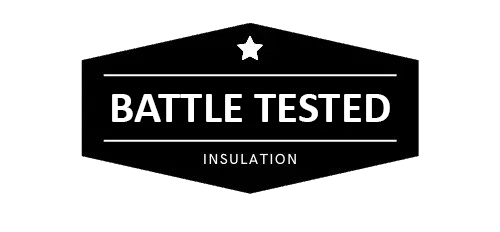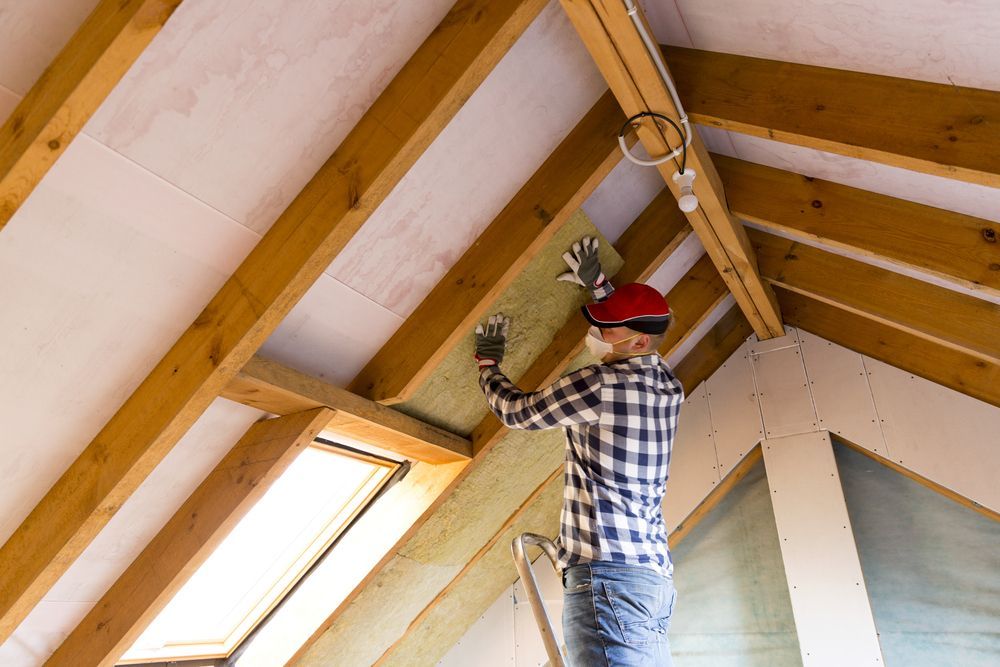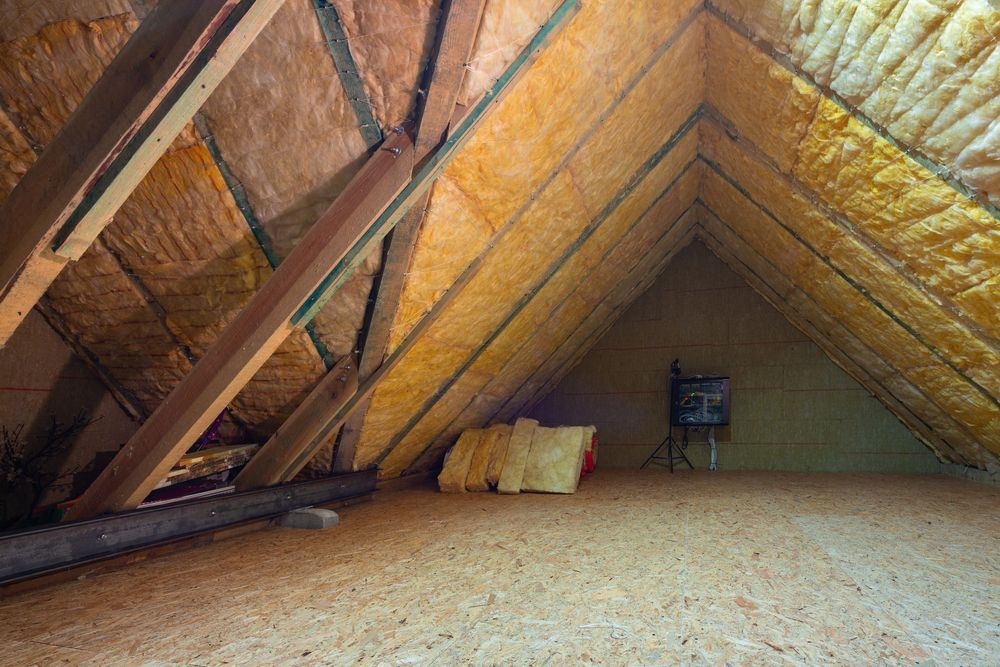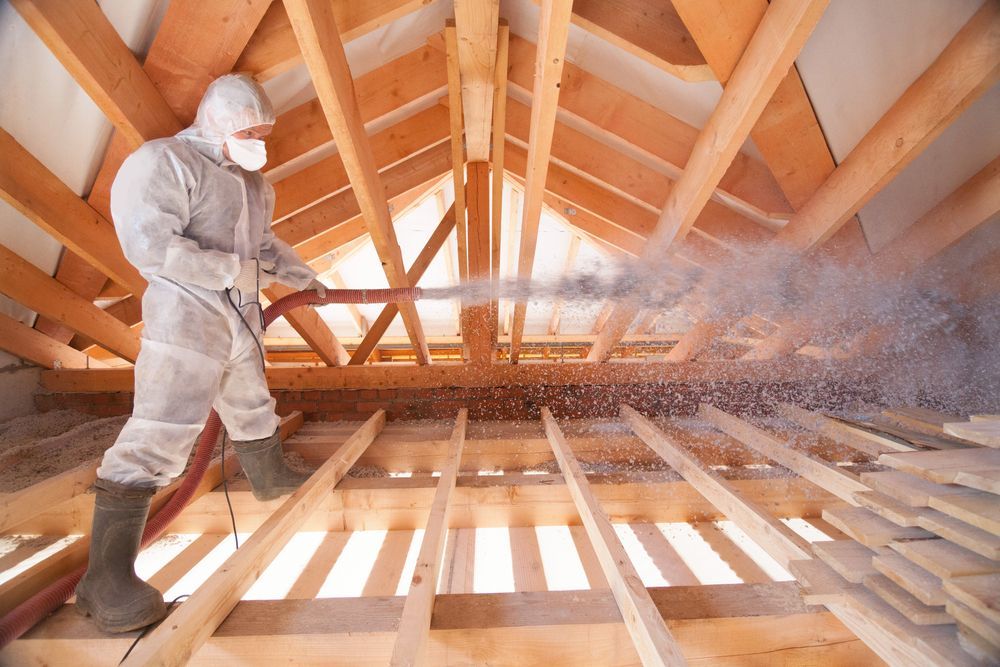The Transformative Impact of Professional Wall Insulation Services
The Transformative Impact of Professional Wall Insulation Services
In the quest for energy efficiency, home comfort, and sustainability, one often overlooked aspect is the role of wall insulation. Walls are not only structural elements but also play a pivotal role in maintaining the thermal balance of a home. Professional wall insulation services are the key to unlocking the full potential of your walls, ensuring optimal energy performance and a comfortable living environment. In this comprehensive guide, we'll delve into the crucial benefits of wall insulation, the various insulation materials and methods, and why investing in professional services is a wise decision for homeowners aiming to enhance both their comfort and energy efficiency.
The Importance of Wall Insulation:
Energy Efficiency:
Wall insulation is a cornerstone of energy efficiency in homes. Properly insulated walls act as a barrier, preventing the transfer of heat between the interior and exterior of your home. This thermal resistance helps maintain a comfortable indoor temperature, reducing the need for excessive heating or cooling and, consequently, lowering energy bills.
Climate Control:
Insulated walls contribute to effective climate control within your home. By minimizing heat exchange, insulation keeps your home warmer in the winter and cooler in the summer. This creates a more consistent and comfortable indoor environment, irrespective of external weather conditions.
Cost Savings:
The energy savings resulting from well-insulated walls can translate into significant cost savings over time. Reduced reliance on heating and cooling systems means lower energy bills, making wall insulation a smart investment that pays off in the long run.
Environmental Impact:
Energy-efficient homes contribute to a lower carbon footprint. By optimizing the thermal performance of your walls, you reduce the need for energy consumption, thereby decreasing your overall environmental impact. This aligns with the growing emphasis on sustainable living practices.
Moisture Control:
In addition to thermal benefits, insulation can act as a moisture barrier, preventing the infiltration of water vapor into your walls. This is crucial for preventing issues such as mold growth, wood rot, and structural damage caused by prolonged exposure to moisture.
Noise Reduction:
Insulated walls not only regulate temperature but also provide a sound barrier. Proper insulation helps dampen external noises, creating a quieter and more peaceful indoor environment. This is particularly valuable for homes located in busy neighborhoods or near high-traffic areas.
Insulation Materials and Methods:
Fiberglass Insulation:
Fiberglass insulation is a popular and widely used material for wall insulation. It consists of tiny glass fibers and is available in batts, rolls, or loose-fill forms. Fiberglass insulation is known for its affordability, fire resistance, and effective thermal performance.
Cellulose Insulation:
Made from recycled paper or wood fibers treated with fire retardants, cellulose insulation is an eco-friendly option for wall insulation. It can be blown into wall cavities as loose-fill insulation. Cellulose insulation provides excellent thermal resistance and is a sustainable choice for homeowners.
Foam Board Insulation:
Foam board insulation, commonly made of rigid foam panels, offers high thermal resistance and moisture resistance. It is installed directly onto the walls, providing an effective barrier against heat transfer. Foam board insulation is versatile and suitable for various wall types.
Spray Foam Insulation:
Spray foam insulation is a versatile and efficient option that expands upon application, filling gaps and creating a seamless barrier. It can be applied to both existing walls and during new construction. Spray foam insulation provides exceptional thermal performance and is known for its air-sealing properties.
Mineral Wool Insulation:
Mineral wool insulation is made from molten rock or recycled steel slag. It comes in batts or loose-fill forms and offers excellent fire resistance and sound absorption properties. Mineral wool insulation is durable and provides effective thermal insulation.
Reflective Insulation:
Reflective insulation, often installed as foil-faced panels, reflects radiant heat away from the walls. While primarily used in conjunction with other insulation types, reflective insulation contributes to reducing heat transfer and improving energy efficiency.
Benefits of Professional Wall Insulation Services:
Expert Assessment:
Professional wall insulation services begin with a thorough assessment of your home's unique characteristics. Experts evaluate existing insulation, identify areas of heat loss or gain, and determine the most suitable insulation materials and methods for your specific needs.
Customized Solutions:
Every home has unique insulation requirements based on factors such as climate, construction materials, and energy goals. Professional insulation services tailor their approach to provide customized solutions that address the specific needs of your home.
Quality Installation:
The effectiveness of insulation largely depends on the quality of installation. Professional insulation services ensure that insulation materials are installed correctly and in accordance with industry standards. This guarantees optimal thermal performance and long-term durability.
Energy Savings:
The primary goal of wall insulation is to achieve energy savings by minimizing heat transfer. Professional insulation services focus on maximizing the energy efficiency of your home, resulting in reduced energy bills and long-term cost savings.
Thermal Performance Optimization:
Professional insulation services have the expertise to assess the thermal performance of your walls comprehensively. They identify areas prone to heat loss or gain and implement strategies to optimize insulation effectiveness, providing you with a more comfortable and energy-efficient living environment.
Let’s talk about your project
Fill out the form, or call us to set up a meeting at
We will get back to you as soon as possible.
Please try again later.
At
Battle Tested Insulation, we pride ourselves on our unmatched expertise, dedication to customer satisfaction, and unwavering commitment to sustainable practices.








